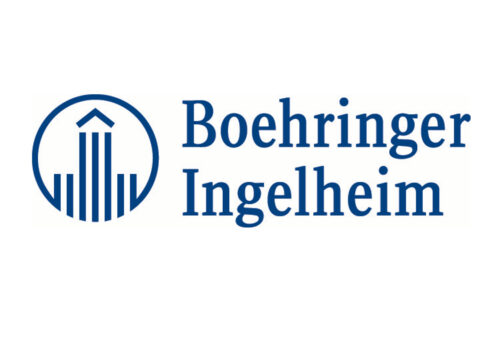The Institute for Free Speech filed an amicus brief in Boehringer Ingelheim v. HHS, urging the U.S. Court of Appeals for the Second Circuit to strike down provisions of the “Drug Price Negotiation Program” that compel pharmaceutical companies to endorse messages mandated by the federal government.
“The government cannot compel the companies or anyone else to speak its message, let alone a false one: that they ‘agreed’ to the new ‘maximum fair price,’ and accordingly, that they have overcharged their customers for years,” explains the brief.
The program forces drug manufacturers to adopt these government-mandated messages or face devastating consequences: either a staggering excise tax of up to 95% on all domestic sales, or withdrawal of all products from Medicare and Medicaid—which represent nearly half the prescription drug market.
“Put simply, the only choice the companies have in refusing to participate—and, accordingly, to adopt the language in the Agreement—is to determine their method of execution: be taxed into oblivion or to be excluded from half of the pharmaceutical marketplace,” the brief highlights.
The brief also emphasizes that speech uttered under threat of economic devastation is not “voluntary.” Further, it warns against creating a broad “commercial conduct” exception to the First Amendment that would allow the government to compel speech simply by placing it within a contract.
The Institute for Free Speech urges the Second Circuit to reverse the district court’s decision, arguing that this coercive policy “not only infringes the companies’ First Amendment rights, but threatens to erode critical doctrinal guardrails that protect us all.”
To read the amicus brief in Boehringer Ingelheim v. HHS, click here. To learn more about a similar case in which the Institute filed an amicus brief, Bristol Myers Squibb Company v. Becerra, et al., click here. To listen to the oral argument from the Bristol Myers Squibb Company case, which tackles many of the same key issues, click here.














